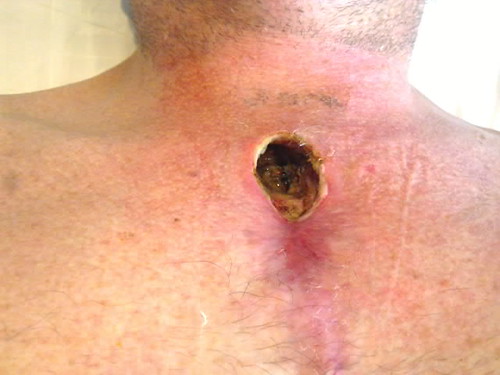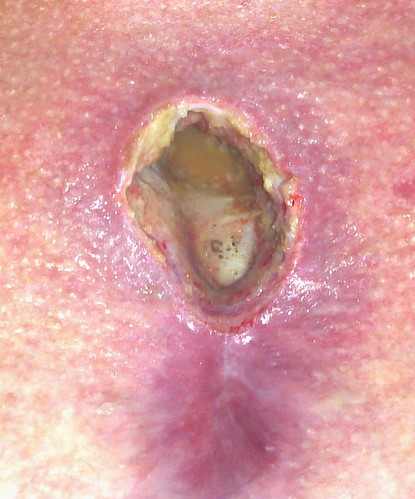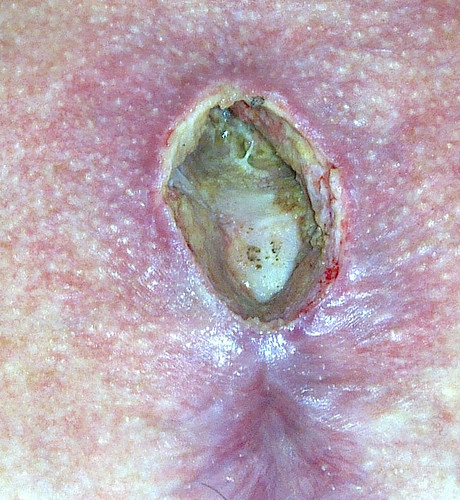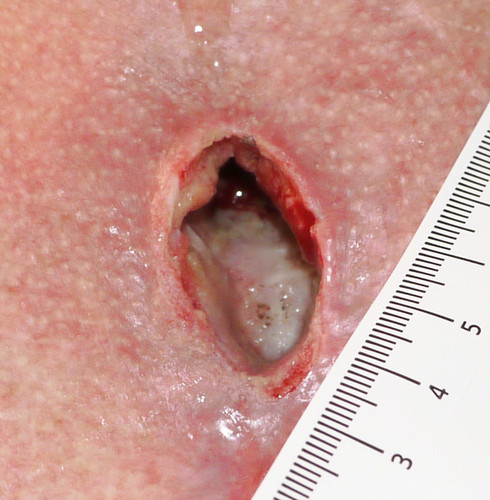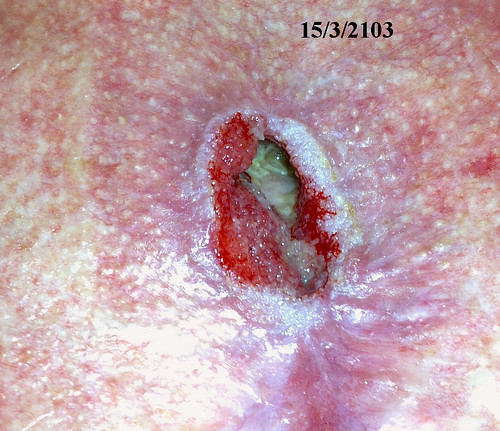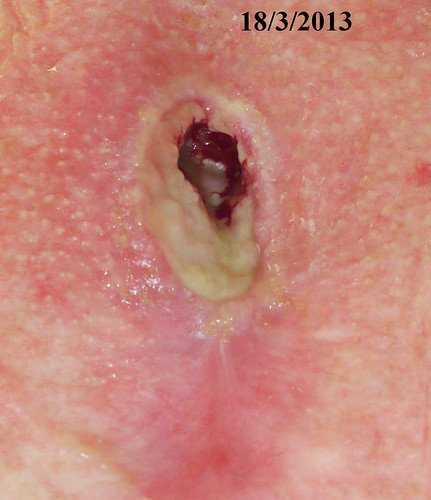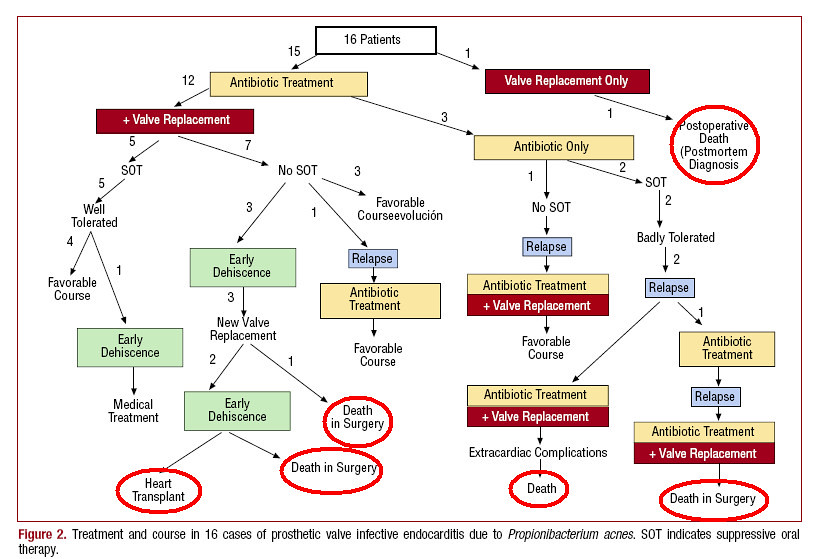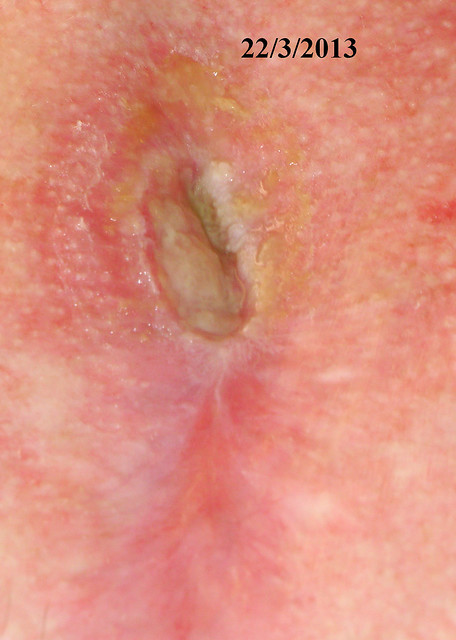ramjet makes some good points in his reply, and I wish to make reference to them.
I would like to make it clear that I am not disagreeing with his points, or attempting to rebut them. But they do make good stepping off points for what I wished to say.
I guess I just wanted to say again that no matter how hard you look at the "evidence" none of it will directly predict your situation, (and I know you realise this) and there are so many variables
this is very true of almost all of medical science. Having for instance diabetes or being a smoker will immediately change your situation. Even something as simple as our individual responces to adhesive tapes used in dressings shows the variance which exists. The outcomes I have presented above represent some of the worse cases. The best cases would be "go home you're fine".
Some may only wish to know the positive side. I wished to explore what are the possibilities and to understand how this "simple bug" could still be pestering me months after surgery. Based on the descriptions I got at the start of this it should have been cleared by now.
but it has not.
one of the most powerful determinants of outcomes, and its impossible to measure in randomised controlled studies, is the power of positive, optimistic states of mind....
Most definitely. I agree with this. For some more than others this is easy. However even for me there comes a point where it is very hard to maintain a positive view when life just bitch slaps you from one day to the next.
I feel that all too often on this forum I see nothing but (struggles for a term)
happy surgeries attitudes. People start off being shocked that they have learned of a medical condition, then become terrorfied by the surgery they face.
This seems to then transform to "
well, it wasn't that bad". Some months or years afterwards, and the very real risks of surgery are pushed behind them into the mists of "
that happens to other people" and they embrace the idea that surgery isn't that dangerous. Their initial fears have proven to be groundless and they begin to regard themselves as veterans.
I am writing here as much to provide a balance case example to sober that notion up. Sure, noone else here has undergone this, but then the stats of its happening would tend to support that view.
Granted the risks of modern surgery are low, but do not be beguiled by a success into thinking -
pah, surgery is a walk in the park. Suffer for a few months and the be fine.
Complications
do happen. I am not wishing to exaggerate how often, but they do happen.
Before this surgery I was fit and active, a non smoker and did not tick the box of any pre-surgery co-morbidity check list. I suspect that I was in the top percentiles of fitness of people who are members of this forum. The infection by this bacteria had nothing to do with my health or attendant comorbidities. It had everything to do with the stats of what happens.
Actually I feel that I was lucky. I feel that the raging torrent of grief and sadness that I underwent at my wifes death had a profound effect on this emerging when it has. Had I not been weakened (from the immuno-perspective) by that situation (and I assure you that grief does weaken you) then I may indeed have taken some years later to present symptoms.
For this bacteria does not go away when it has wires or prostheses to rest in. It just grows slowly. Perhaps then I may have been presenting with a worse situation in 2 more years (as some of those other cases did). Who knows ...
I feel that there are members of this community who disagree with my views, perhaps they'd prefer I just didn't write of the suffering. I am sure that makes it easier for everyone if we all only report lovely things and discuss the positive sides. Sadly this results in me feeling like an alien here; unwelcome and unsupported. Like a messenger who brings bad news.
... but I try to keep a good and positive attitude.




